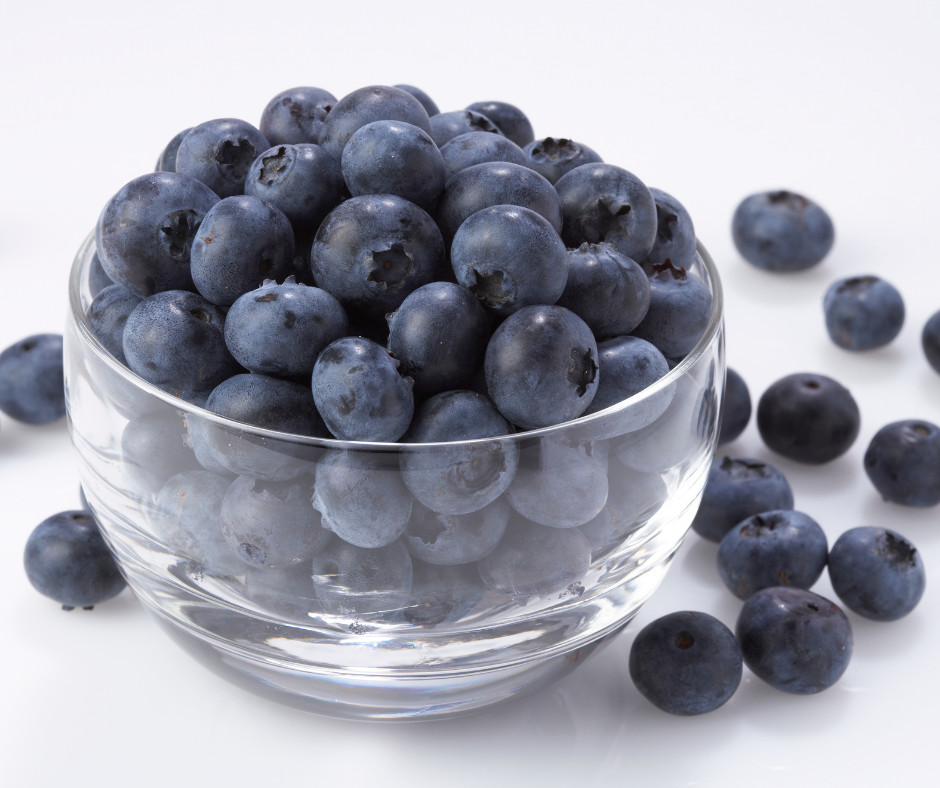
Keeping your body hydrated is important for your health for many reasons. Your body uses fluids to keep your blood at the appropriate consistency. It also uses fluids to remove toxins from your body. Yet, a large percentage of people don't consume enough liquid to stay hydrated. Worse yet, many people drink beverages that actually harm their health. Unfortunately, the problem only gets worse as you age because your cells hold less water and the neurons in your brain become less sensitive to dehydration signals. Here are are some healthy and hydrating foods that can help you out if you're not drinking enough fluid.
Beets
Any fruit or vegeatable that has a deep color is loaded with antioxidants that can help protect your cells from oxidative stress. And beets are no exception. Beets are also high in important vitamins and minerals and yet are low in calories. Your body will also benefit from the fiber in them. You can easily add beets to your diet by getting them canned or pre-cooked. If you buy them fresh, you can roast, pickle, or juice them. You can even eat them raw by thinly slicing or grating them.
Squash
There are many types of squash and they are all loaded with vitamins and antioxidants. They are also high in fiber which can help your body remove toxins through your digestive tract. Squash are technically a fruit and there are over 100 varieties of them. Acorn, butternut, and spaghetti squash are some of the most popular. They contain vitamins A, B, and C. And don't forget one of the best known squashes which is pumpkin, and the nutritious seeds they contain.
Grapes
Grapes may seem like they are mostly water, but they contain an impressive array of vitamins and minerals, including copper and vitamin K. Your body uses copper for energy production and vitamin K is important for your bones. They are also a good source of B vitamins and antioxidants. The antioxidants remain even after fermentation, which is why some people feel wine has health benefits. Darker colored grapes contain higher amounts of a plant flavanoid that is beneficial for some health conditions.
Broccoli
Broccoli is a cruciferous vegetable that is related to cabbage, kale, cauliflower, and Brussels sprouts. The nutrient profile varies based on whether you eat it raw or cooked. It is particularly high in vitamin C regardless of how it is prepared. Broccoli also contains high levels of a compound that is converted to a powerful antioxidant during digestion. It is an impressive vegetable that has been studied extensively because of all of it's potential health benefits.
Blueberries
The small dark blueberry packs a powerful nutritional punch. They are about 85% water and are low in calories. They grow wild and are planted by farmers. Generally, wild blueberries are considered a healthier option because they have adapted to their growing environment and have not been altered in any way. They are thought to have one of the highest antioxidant levels of all common fruits and vegetables. And they are rich in fiber and are delicious. You can't go wrong by adding these into your life.
Did this help you? If so, I'd greatly appreciate it if you commented and/or share it on social media.
H

Email: sharonledwards@hotmail.com
Facebook: https://www.facebook.com/sharonledwardsbiz/


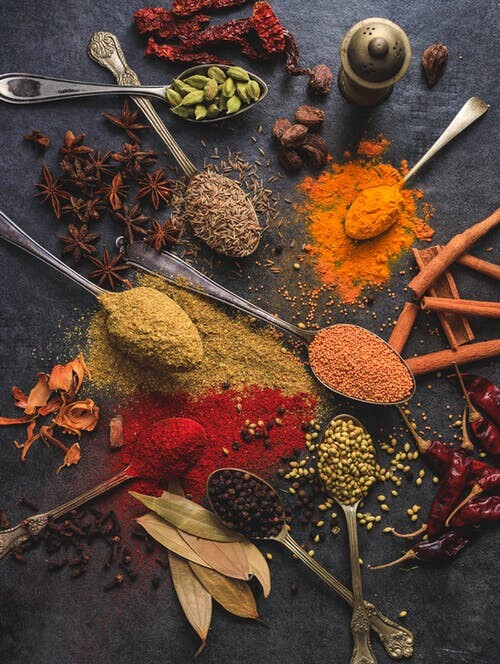

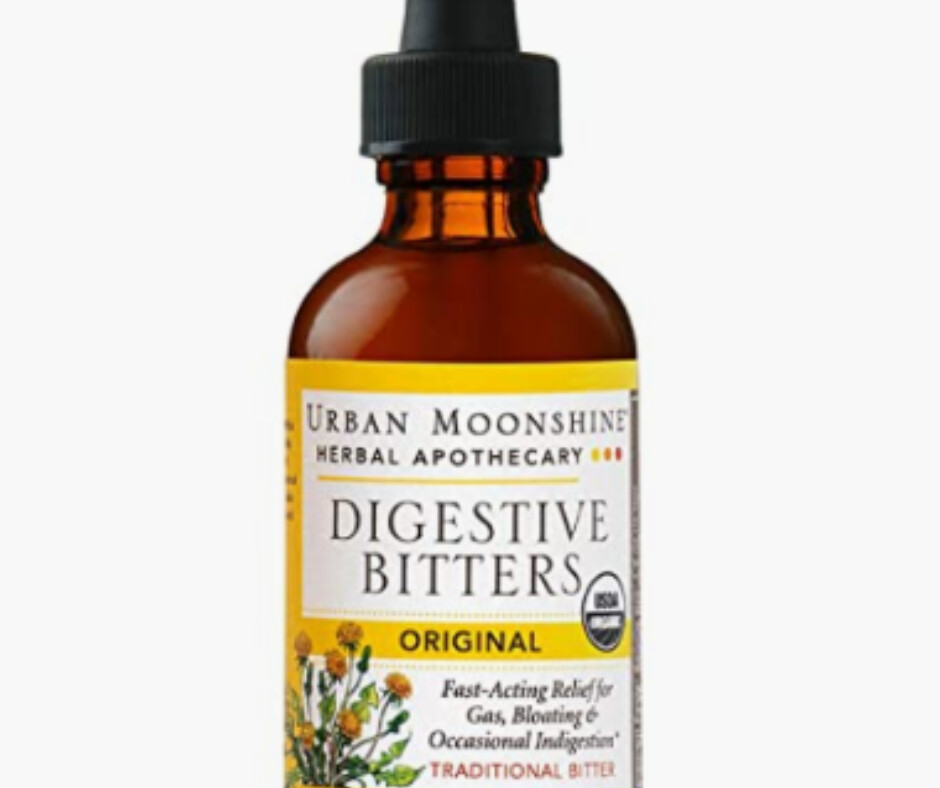

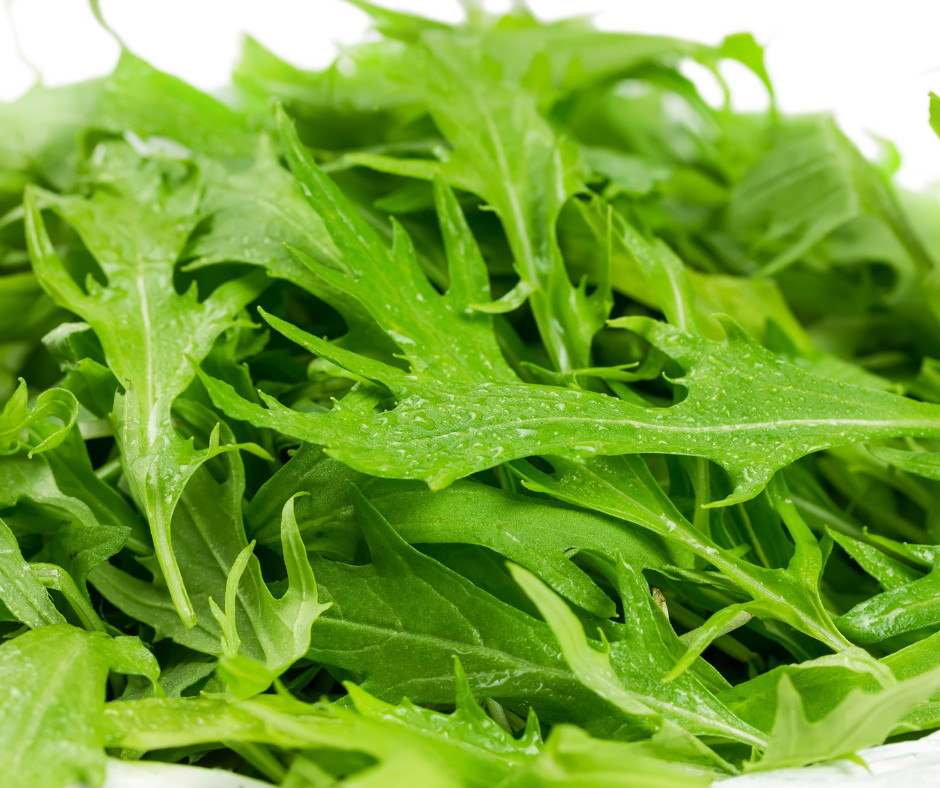
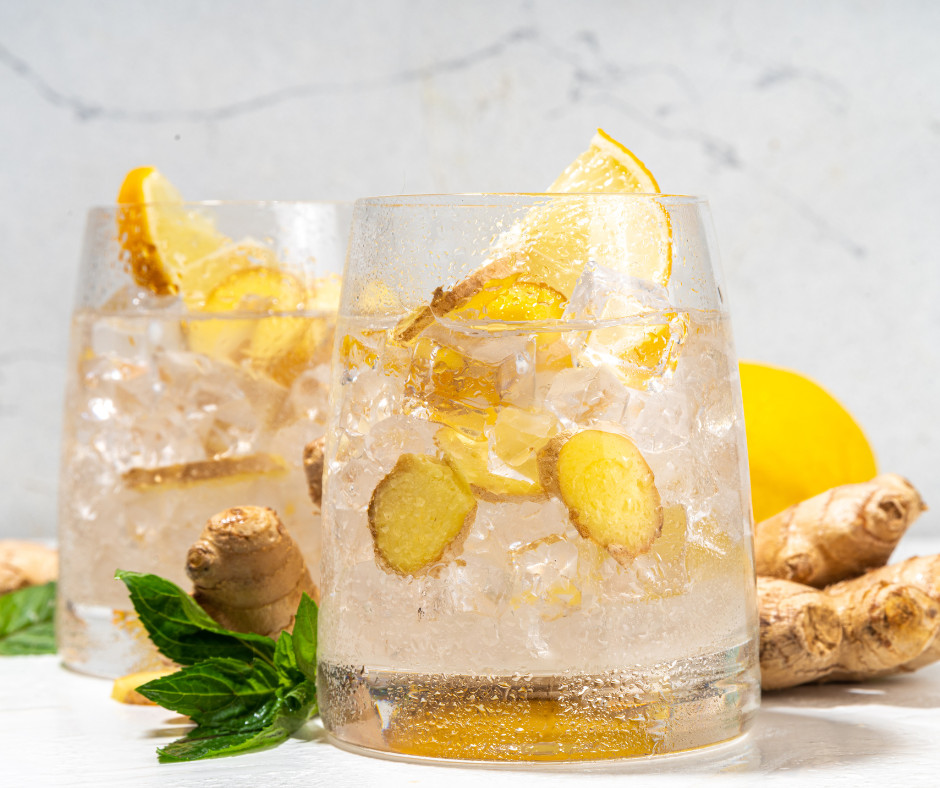
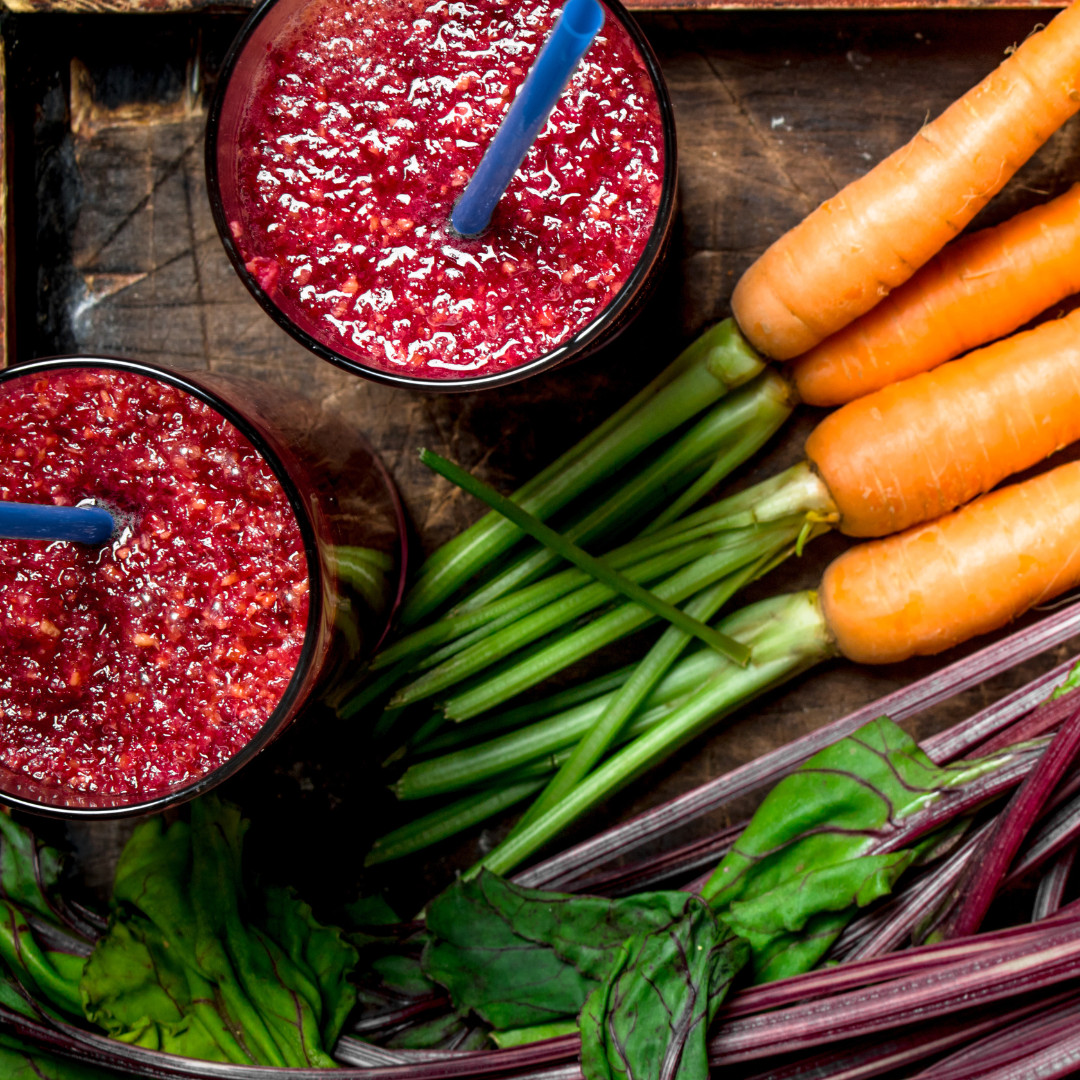
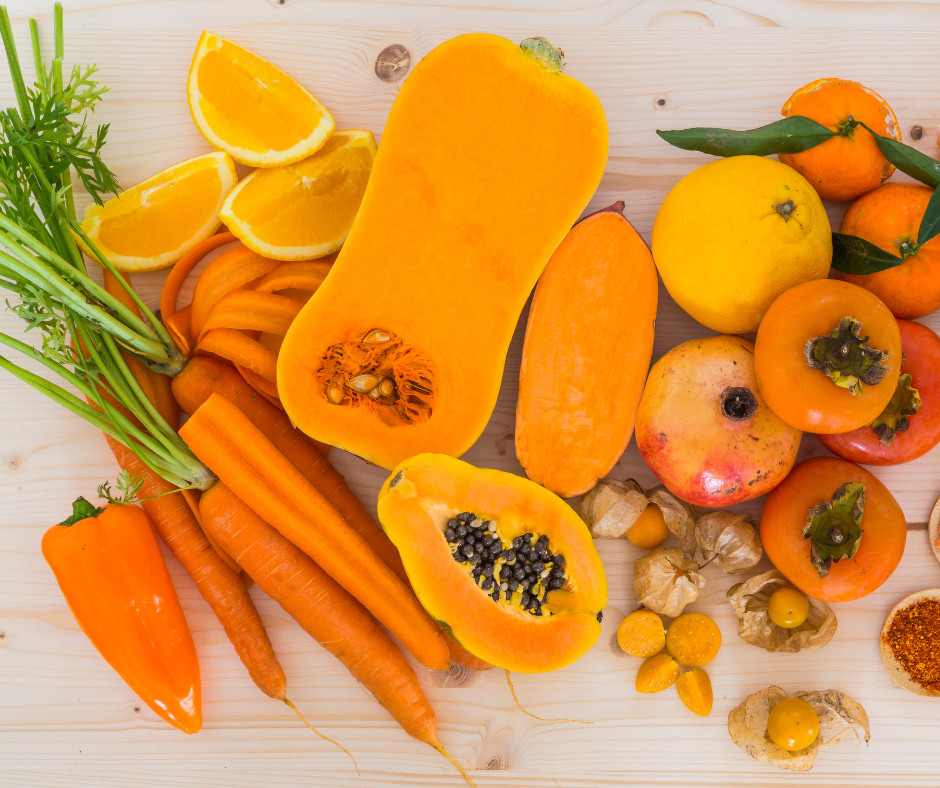
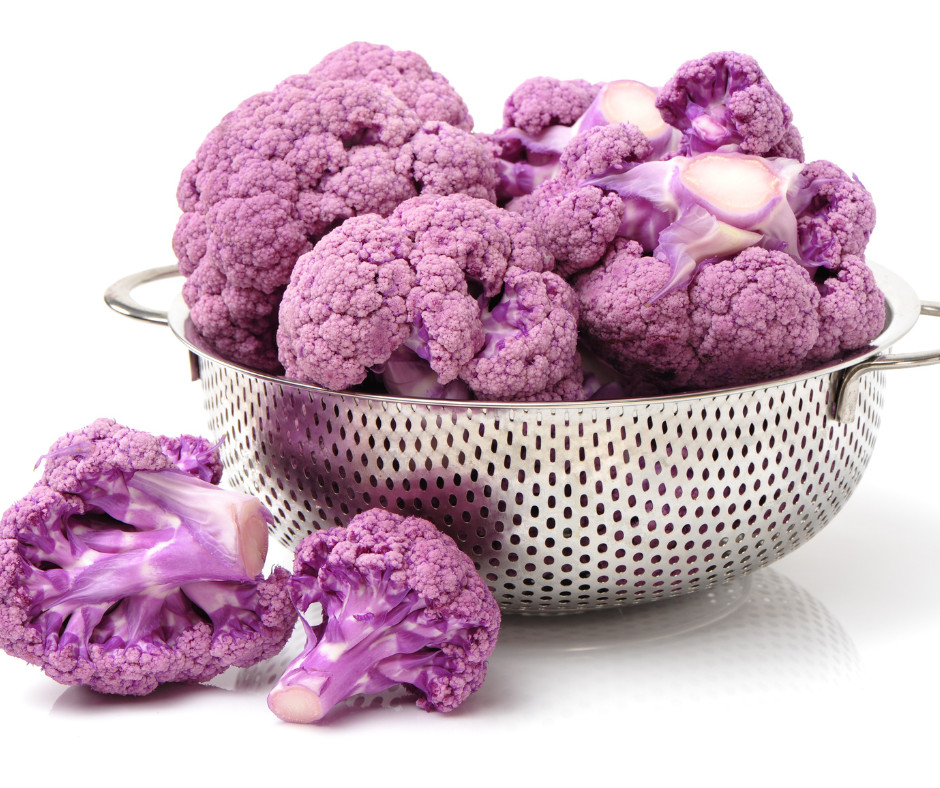
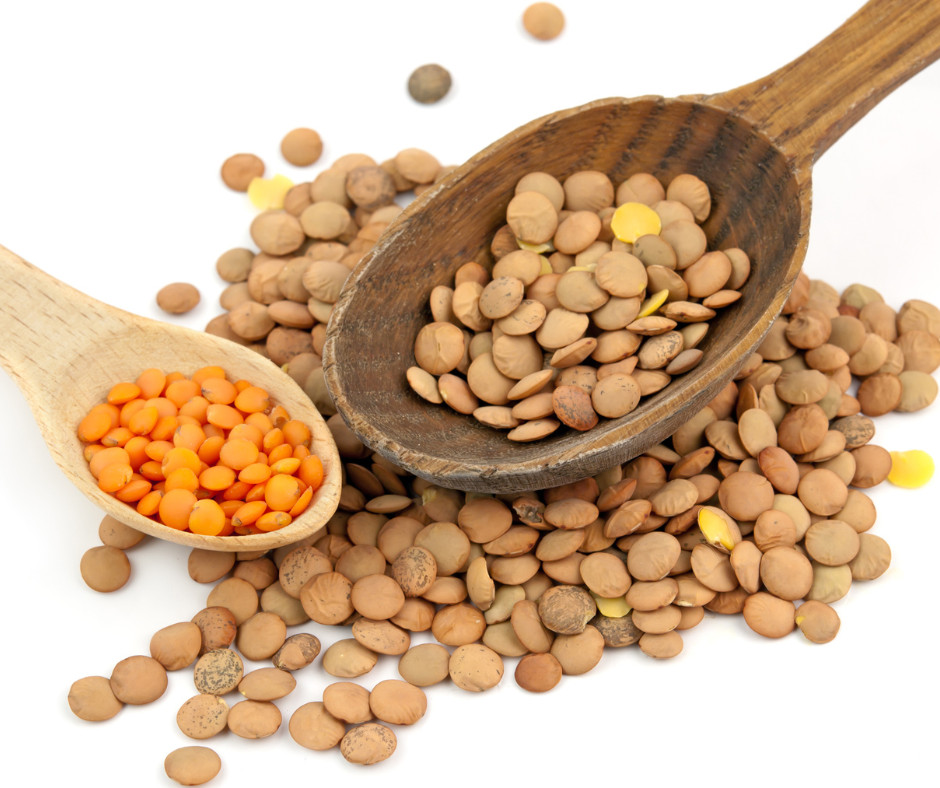
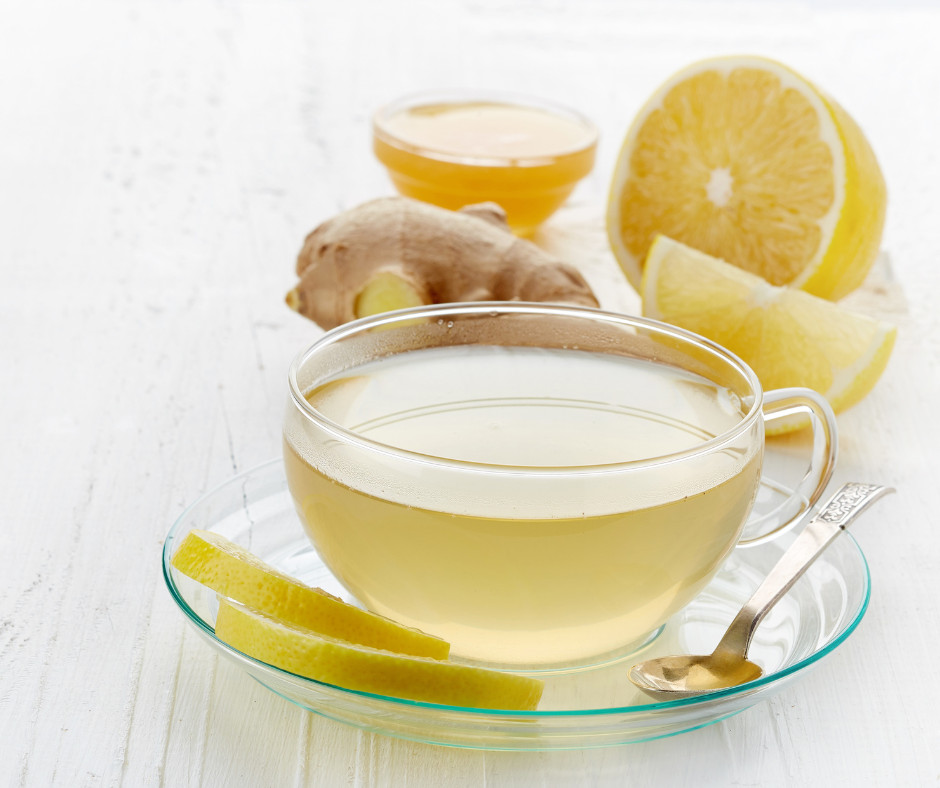





0 Comments